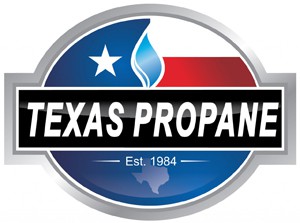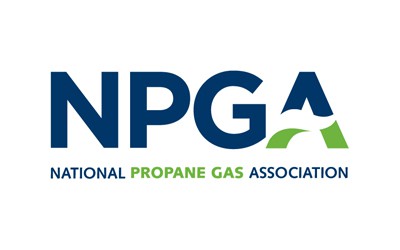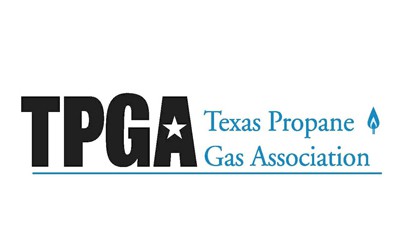Propane Tanks During the Winter
Critical Temperatures
As the pressure inside your propane tank drops, it eventually becomes too low to light a furnace or other appliance.
Propane stays as a liquid at 44°F or lower. Therefore, for your appliances to properly work, store your propane tank in an area with a temperature greater than 44°F.
Propane Delivery in the Winter
Many propane tanks contain a tank gauge to show the perentage of propane in the tank. The beginning and ending gauge readings may show less propane delivered during winter propane deliveries than actually delivered.
However, the meters we use to measure the amount of propane delivered includes a volume correction device. This device considers cold temperatures. Therefore, an accurate measurement is possible in cold as well as warm temperatures.
Other Cold Weather Problems
While rare in Texas, snow and ice require additional precautions. Make sure to clear ice and snow from your propane tank regulators, vents, piping and valves. This will prevent damage that could cause a gas leak or a frozen propane tank.
In addition, remove ice and snow from appliance vents, flues and chimneys to allow gas to vent properly. To find the tank underneath snow, place a flag, pole or stake next to the tank to show the location.
Propane is flammable when mixed with oxygen. Therefore, turn off the main gas supply if an appliance fails to light or if a gas leak is detected.
For more information on safety of propane tanks during the winter, or to schedule your propane delivery with us, contact us with the link below!







